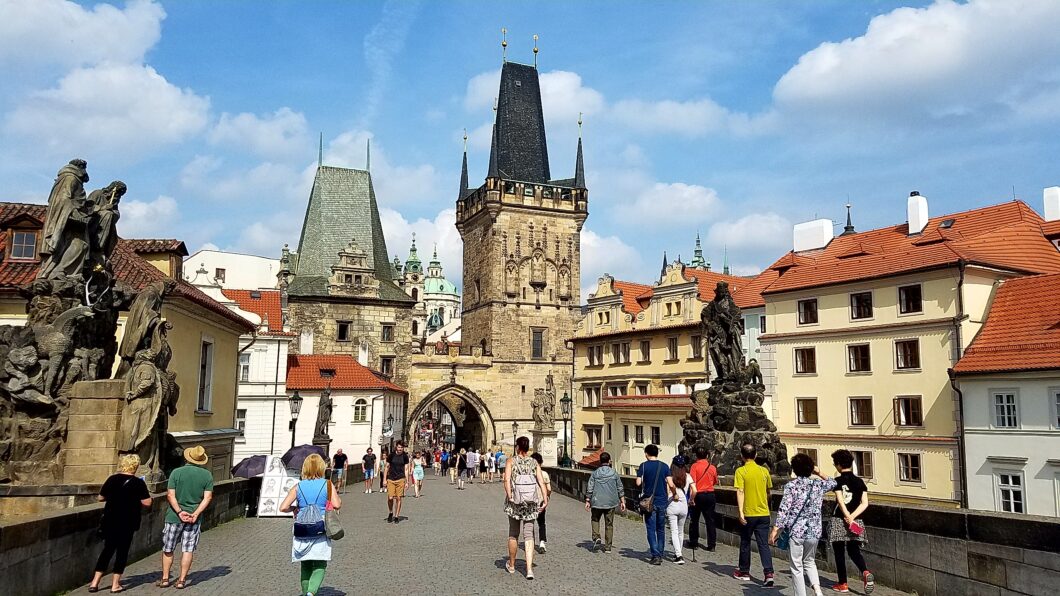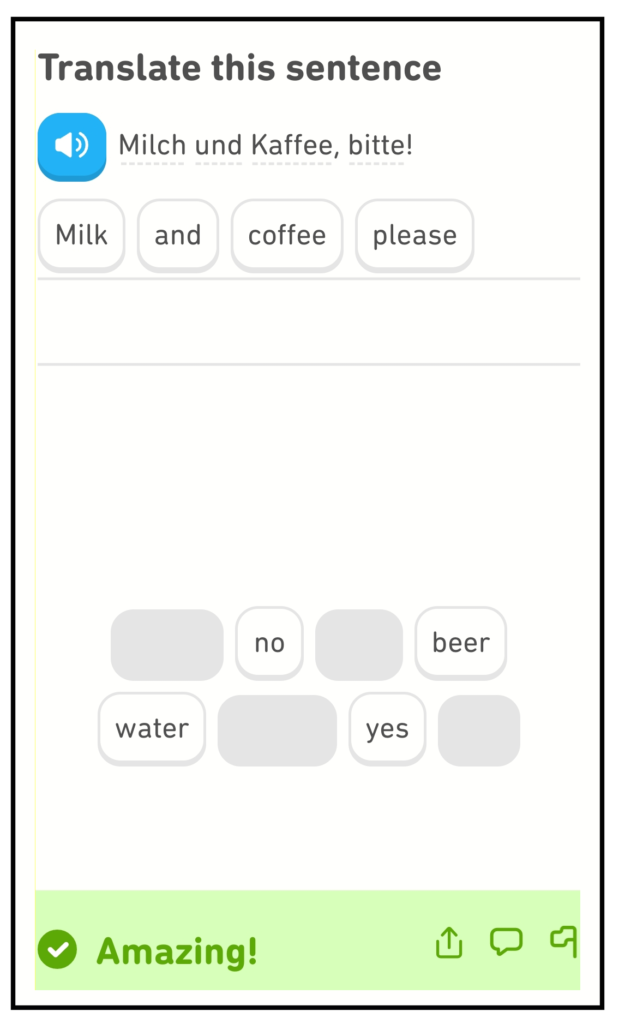A common fear of first-time American tourists in Europe is not speaking the local language. The English language is a prominent second language in many countries. Almost all Europeans speak two or more languages. Those that work in financial, business, and tourism industries are more likely to speak English. Those in larger cities and tourist destinations are more apt to speak English than their rural and small village counterparts.
History has a good bit to do with a local being able to carry on a conversation in English. Older Eastern and Central Europeans are less likely to speak English, particularly those in the former Soviet Bloc countries. Many Hungarians and Czechs speak Russian but not English. Younger Hungarians and Czechs born after the demise of the Soviet Union, are more apt to speak English. Almost all the young people I encounter in European countries speak English, most fluently.
What is an American to do when visiting Europe? Here are my thoughts on this topic and what I do.
- Don’t be the ugly American and assume that everyone speaks English. Begin your conversation in their native tongue NOT English.
- Learn the basic phrases of their language. This includes hello, goodbye, thank you, please, my name is, and where is the bathroom. This may result in the conversation continuing in their native tongue. It is fine to interrupt with “I do not understand {local language).” spoken in their native tongue.
- Europeans seem to know you are an American. It is probably due to your dress, the conversation you are having with a fellow traveler, and your mannerisms. If they greet you in English, it is acceptable to continue the conversation in English or their language.
- Respect local manners and etiquette. Google the etiquette and manners of the country. When I was cycling across Switzerland, I greeted people with hallo or gluten morgen. I was met with silence and blank stares. I discovered that the Swiss are reserved and find these passing greetings invasive, as they do with unsolicited conversations in public.
- Respect the local traditions. Like manners, traditions within a culture dictate how you speak in a conversation. While touring Hungary, I found out that thank you takes on different forms based on age, the formality of interaction, and the familiarity of the individual. This is less important with the younger generations who tend to speak informally.
- Don’t stick your phone in their face. Google Translate is a wonderful tool when you use it wisely. Scan that menu to know your dining options. It works with spoken conversations. First, try to carry on the conversation in the local language. It is OK to say that you do not understand. Use Google Translate if all else fails.
- Most people are thrilled when you stumble through a sentence in their language. Hungarian and most Eastern European languages are minefields for Americans. The syntax and pronunciation rules are foreign and unfamiliar to Americans. I fail miserably in these countries.
- How good are you at charades? Pointing and using your hands to convey a message is often a simple solution to a language barrier.
- Learn the language. The best thing you can do before your European tour is to learn the language. You do not need to be an expert. There are many excellent free YouTube tutorial series for most languages. I like Duolingo, a fun free app with a paid option that uses a bite-sized challenge-based approach. Babble and Rosetta Stone are excellent apps with a reasonable cost of around $10/month, a small investment to make your tour more enjoyable.
Language should not be a barrier in travel to foreign lands. I almost never find myself unable to carry on a conversation with a person of a different language. Somehow, we worked through it. My hints and techniques are not exhaustive but work for me. I hope this is a good starting point that leads you to be comfortable interacting with others speaking a foreign tongue.
Haben sie einen guten tag!
Tom
“One language sets you in a corridor for life. Two languages open every door along the way.”
Frank Smith


